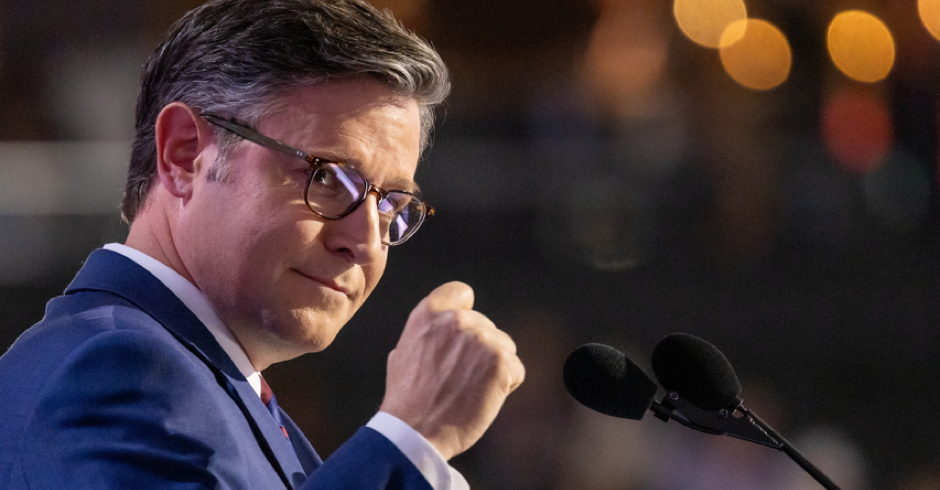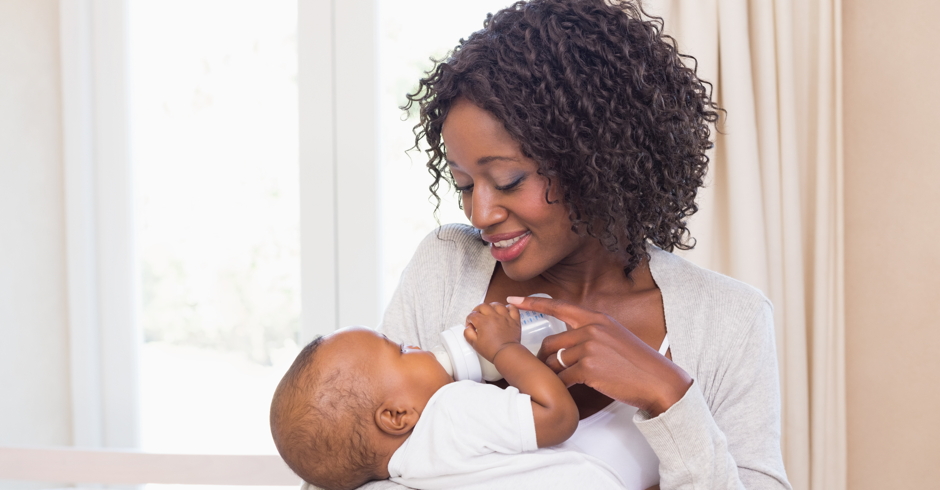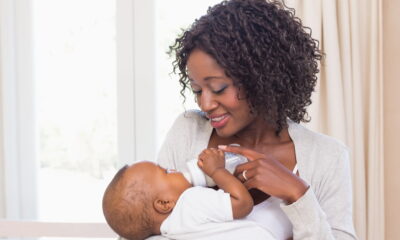UPDATED: Trump Embattled Labor Secretary Nominee Withdraws
Confirmation Prep Canceled, Hearings Postponed Numerous Times, First Nominated in December
“Hey hey, ho ho, Andy Puzder’s got to go!” #NotOurLaborSec #rejectpuzder pic.twitter.com/ZTIlq4KKyD
— NARAL Missouri (@NARALMissouri) February 13, 2017
Andy Puzder has officially withdrawn as President Donald Trump’s Labor Secretary nominee.Â
I am withdrawing my nomination for Secretary of Labor. I’m honored to have been considered and am grateful to all who have supported me.
— Andy Puzder (@AndyPuzder) February 15, 2017
Fox Business Trish Regan Intel first reported the expected news, though it had been rumored for hours today:
BREAKING: @AndyPuzder to withdraw his nomination for Labor Secretary.
— Trish Regan Intel (@TrishIntel) February 15, 2017
NBC News has confirmed Andy Puzder is expected to withdraw his nomination for Labor Secretary.
— Kyle Griffin (@kylegriffin1) February 15, 2017
On the Puzder nomination, senior GOP source on Capitol Hill tells NBC’s @kasie Hunt: “It’s dead.”
— Bradd Jaffy (@BraddJaffy) February 15, 2017
Puzder, the CEO of the company that owns fast food restaurants including Hardee’s and Carl’s Jr., reportedly was tired of the “abuse” he had received during the confirmation process.
News: Source very close to Labor Secretary nominee Andy Puzder tells me he expects Puzder to withdraw. “He’s very tired of the abuse.”
— Major Garrett (@MajorCBS) February 15, 2017
Trump’s vetting team is so awesome that they nominated someone to a cabinet position whose wife accused him of abuse on Oprah.
— Ian Millhiser (@imillhiser) February 15, 2017
Labor activists and advocates strongly opposed his nomination, citing Puzder’s statements against increasing the minimum wage.
Never forget who made this important victory possible – all of you. #Puzder https://t.co/XWuT2T48Gb
— Sarita Gupta (@saritasgupta) February 15, 2017
About a dozen Republican Senators quietly have been saying they wanted to vote against Puzder.
Manu Raju just reported that as many as 12 Republican senators may vote against Trump’s Labor Secretary nominee Andrew Puzder. He’s toast. pic.twitter.com/APEktwUnXB
— Keith Boykin (@keithboykin) February 15, 2017
Oprah Winfrey released a video of Puzder’s ex-wife that reportedly shows her alleging domestic abuse.
Liberals are thrilled. Sen. Elizabeth Warren minutes ago:
.@SenWarren: “Mr. #Puzder is not the kind of person the American people can trust to stand up for workers.” https://t.co/lN3VOYQSu8 pic.twitter.com/DRgGQRL09q
— CSPAN (@cspan) February 15, 2017
Elizabeth Warren is really happy Andy Puzder’s withdrawing his nomination: “If he can’t stand the heat, he should get out of the kitchen.” pic.twitter.com/VAxXtPoI0v
— Kyle Griffin (@kylegriffin1) February 15, 2017
This article has been updated to reflect Puzder’s official withdrawal

Enjoy this piece?
… then let us make a small request. The New Civil Rights Movement depends on readers like you to meet our ongoing expenses and continue producing quality progressive journalism. Three Silicon Valley giants consume 70 percent of all online advertising dollars, so we need your help to continue doing what we do.
NCRM is independent. You won’t find mainstream media bias here. From unflinching coverage of religious extremism, to spotlighting efforts to roll back our rights, NCRM continues to speak truth to power. America needs independent voices like NCRM to be sure no one is forgotten.
Every reader contribution, whatever the amount, makes a tremendous difference. Help ensure NCRM remains independent long into the future. Support progressive journalism with a one-time contribution to NCRM, or click here to become a subscriber. Thank you. Click here to donate by check.
 |



















